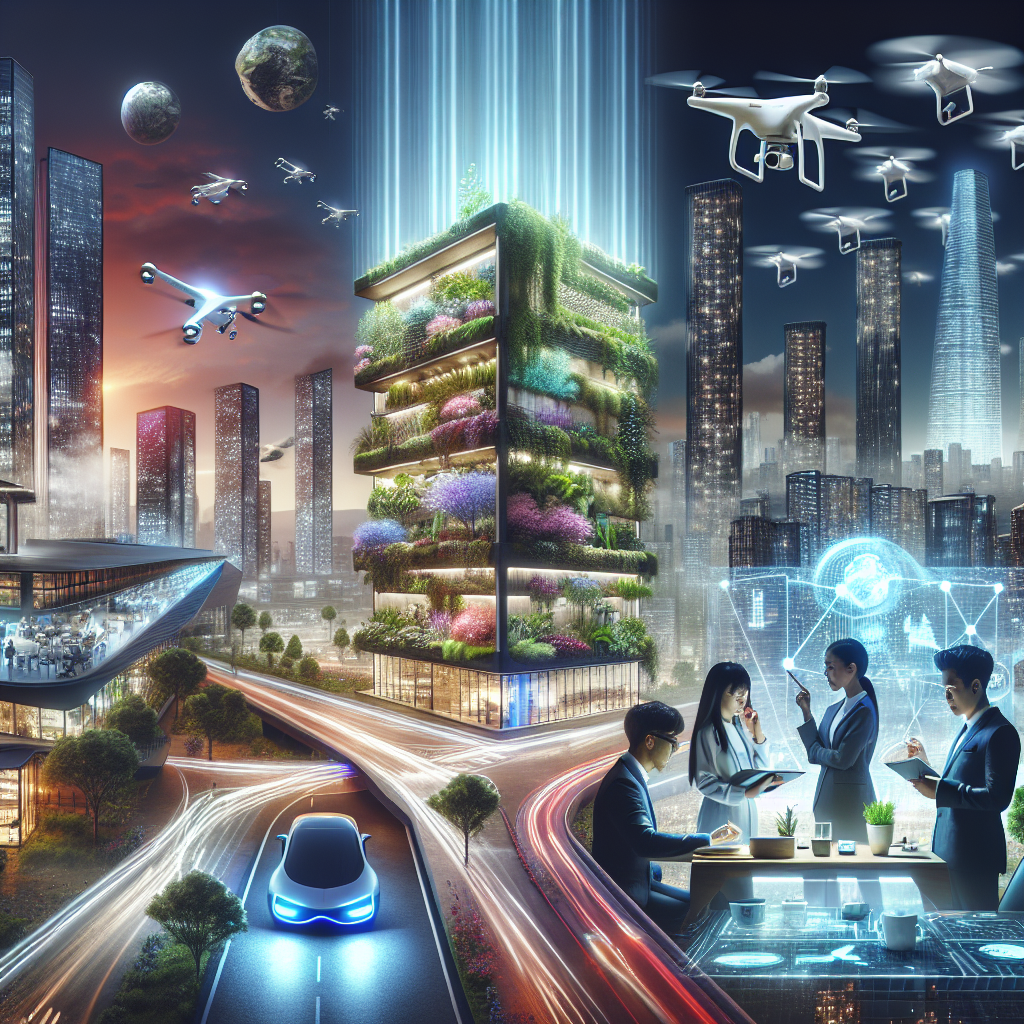
Future Trends in Science Stories: A Look Ahead
As we approach the end of another year, it’s time to reflect on the science stories that have captivated our attention and imagination. From groundbreaking discoveries to technological advancements, 2023 has been an exciting year for science. In this article, we will analyze the key points of some of the most notable science stories of this year and explore the potential future trends that they might lead to.
1. Artificial Intelligence (AI) and Machine Learning
One theme that has dominated scientific headlines this year is the rapid progression of Artificial Intelligence (AI) and Machine Learning. With advancements in algorithms, computing power, and data availability, AI has become an indispensable tool in various fields.
In the future, we can expect AI to further revolutionize industries such as healthcare, finance, and transportation. AI-powered medical diagnosis systems could improve accuracy and efficiency, leading to better patient outcomes. Furthermore, AI algorithms could enhance financial forecasting models and optimize transportation systems through real-time data analysis.
Recommendation: It is crucial for industries to invest in AI research and development to stay competitive. Collaboration between academia, industry, and governments should be fostered to ensure ethical and responsible AI practices.
2. Gene Editing and CRISPR
The advent of CRISPR technology has unlocked the potential for precise gene editing. CRISPR has already shown promise in treating genetic disorders and improving crop yields. However, ethical and regulatory concerns surround its application to human embryos and germline editing.
In the future, gene editing technologies like CRISPR could revolutionize healthcare by offering personalized treatments for diseases, such as cancer and genetic disorders. However, careful consideration of ethical guidelines and regulatory frameworks is necessary to prevent misuse or unintended consequences.
Recommendation: Regulatory bodies and scientific communities should collaborate to establish strict guidelines and governance frameworks for gene editing technologies. Public engagement and education about the benefits and risks are essential to gain societal acceptance.
3. Renewable Energy and Climate Change
The urgent need for renewable energy and combating climate change has led to significant developments in this field. Solar and wind energy technologies continue to advance, making them more efficient and cost-effective alternatives to fossil fuels.
In the future, we can anticipate a shift towards renewable energy sources as governments and industries prioritize sustainability. Investment in research and development of energy storage solutions and grid integration will be crucial for a smooth transition.
Recommendation: Governments should incentivize the adoption of renewable energy through policies and subsidies. Collaboration between industries can spur innovation in energy storage and grid technologies, further accelerating the clean energy transition.
4. Space Exploration
Space exploration has always captured our curiosity, and 2023 has marked significant milestones in this field. Notably, the successful launch and deployment of the first space habitats have paved the way for potential colonization of other planets.
In the future, space exploration could become more accessible with increased private sector involvement. Exploration of the Moon, Mars, and beyond may lead to scientific breakthroughs and resource extraction for Earth’s benefit.
Recommendation: International collaborations should be fostered to drive sustainable space exploration missions. Investment in infrastructure and technology development can open new opportunities for industries while governing bodies ensure responsible exploration practices.
Conclusion
The year 2023 has been filled with exciting advancements across various scientific domains. From AI and gene editing to renewable energy and space exploration, these developments have immense potential for shaping our future. To harness their benefits while mitigating risks, collaboration, responsible governance, and public engagement are crucial. As we look ahead, embracing these trends with an ethical and sustainable approach will pave the way for a brighter and more innovative future.
References:
– Nature, Published online: 21 December 2023; doi:10.1038/d41586-023-04161-5
